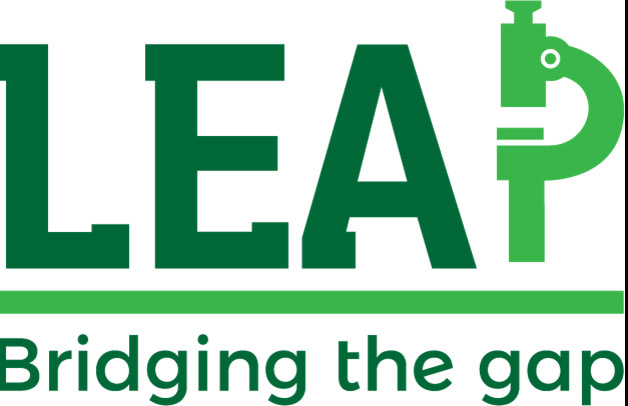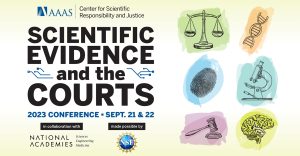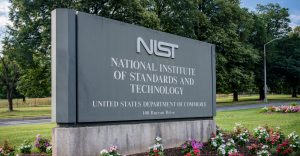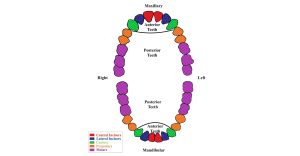The American Society of Crime Lab Directors (ASCLD) Forensic Research Committee (FRC) and the Council of Forensic Science Educators (COFSE) recently partnered to launch the Laboratories and Educators Alliance Program (LEAP).
The new initiative facilitates collaborative research between academia and forensic science laboratories by closing technology gaps in the forensic science community.
ASCLD president Matthew Gamette highlights that increased communication between university researchers and practitioners to provide new collaborations. Program leader’s goal is to facilitate innovative research, internships for students, employment opportunities and implementation of new techniques, methods and instrumentation.
“In creating this program we hope that practitioners will help drive the research process based on the application needs. In turn, we believe that researchers providing sound data, methods, and instruments will assist with a quick and seamless application and implementation for practitioners,” Gamette said.
Benefits to Laboratories:
- Expands research climate leading to meaningful forensic science practices
- Provides educational opportunities for laboratory staff
- Increases student interns to assist in validation and evaluation projects
- Facilitates future staff hiring through connections between lab and universities
Benefits to Academia:
- Promotes impactful research by providing a list of forensic science needs and research interest for streamlined future collaborations
- Enriches knowledge base of university faculty with limited prior forensic lab experience
- Enhances academic achievements through valuable internship experiences for students
As of October 2018 13 forensic science laboratories and 34 universities have signed up to participate in the program. To join this growing network, complete a registration form for crime laboratory sign-up or university sign-up and return to the ASCLD FRC.
Program leaders encourage multiple researchers from different forensic science disciplines from the same university program to sign-up. Visit ASCLD’s Research Needs List to help identify research areas that are most impactful for laboratory directors.
“After we have a larger pool of LEAP participating universities and laboratories we hope to initiate research projects and large scale, inter-laboratory evaluation efforts,” FRC chair Henry Maynard said.
Universities can share the LEAP Map of registered participants with students to assist them in finding internship opportunities. Program leaders hope to create a list of laboratories that would be willing to host interns. Additional goals include creating a list of researchers’ area of research and providing it to the laboratories to promote collaboration.
Learn more about research, development, technology and evaluation priorities for the forensic community and recommendations for courses of action on the ASCLD website.




